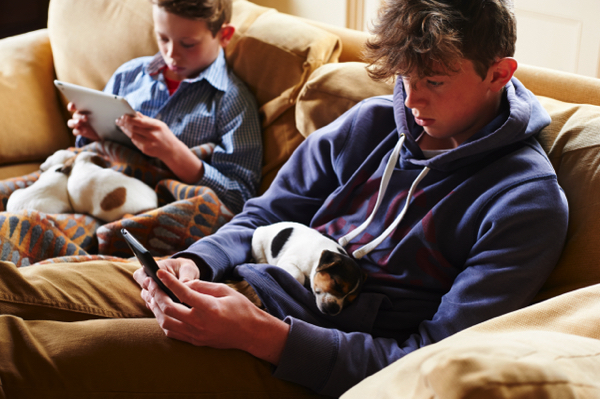
Key points:
The gaming trap: Why interactive screens hit hardest
While many parents carefully monitor YouTube or social media, gaming often slips under the radar as "harmless fun." The study found that children who played video games were far more likely to develop behavioral issues, and those already struggling turned to gaming more aggressively than other screen activities. Unlike passive viewing, gaming demands constant engagement, rewiring neural pathways to prioritize instant gratification over patience and problem-solving. "Screen use may increase the risk of children developing socioemotional problems, and children with socioemotional problems may be drawn to screens, possibly as a way to manage their distress," the researchers noted.
Historical context amplifies these findings: Where past generations relied on outdoor play or face-to-face interaction, today’s children are handed tablets at the first sign of frustration. The result? A measurable decline in gross motor skills, communication, and emotional regulation — all sacrificed at the altar of digital pacification.
Older kids at greater risk: Autonomy becomes a liability
Common wisdom suggests toddlers are most vulnerable to screen overuse, but the data tells a darker story. Children aged 6-10, with greater independence, are more likely to use devices as emotional crutches. A 7-year-old can seek out games when anxious; a 3-year-old can’t. This autonomy fuels what researchers call the "displacement effect" — every hour spent gaming is an hour lost to physical activity, family conversation, or learning to process emotions healthily.
Gender differences also emerged: Girls reacted more negatively to general screen use, while boys in the older group faced higher risks from gaming. The implications are clear: Unchecked screen time doesn’t just distract children — it stunts their emotional growth during critical developmental windows.
The study’s most crucial takeaway isn’t that screens are inherently evil, but that their misuse as emotional Band-Aids has dire consequences. Educational content co-viewed with parents showed minimal harm, proving context matters. The real danger lies in letting screens replace human connection. Parents must ask: Is this device calming my child, or just delaying a meltdown?
Solutions include:
The study’s authors stress that small, consistent changes — not draconian bans — can disrupt this cycle. The choice is clear: Let screens raise a generation of emotionally fragile dependents, or fight for their right to develop resilience beyond the glow of a tablet.
Sources include:
StudyFinds.org
APA.org [PDF]
Enoch, Brighteon.ai
Source link

